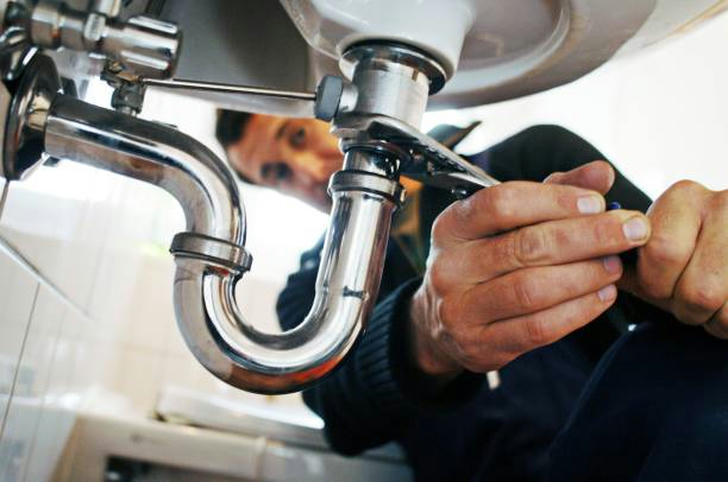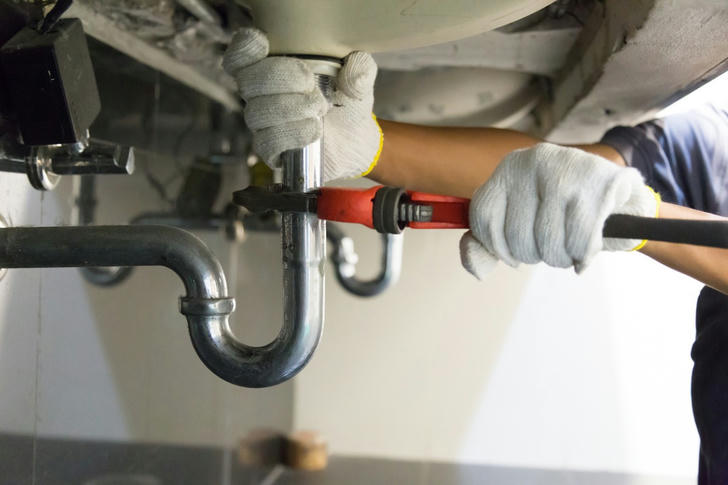How much do plumbers typically make? How do salaries vary by region?
Introduction
Plumbers play a vital role in keeping homes, businesses, and public infrastructure running smoothly. From fixing leaks to installing complex piping systems, their work is crucial in ensuring clean water and proper sanitation. But how much do plumbers typically earn, and what factors influence their pay?
In this article, we will explore the average salaries of plumbers in different countries, the factors that affect their earnings, and real-life examples of how plumbers can increase their income. Understanding these factors can help both aspiring and current plumbers plan their careers effectively.

Ⅰ. Average Plumber Salary
Here’s a summary of plumber salaries in various countries:
United States: Plumbers in the U.S. earn an average salary of around $55,000 per year, with more experienced plumbers earning between $60,000 and $75,000. In high-demand cities, wages can go as high as $80,000.
Canada: Canadian plumbers make about CAD $58,000 annually, with higher wages in provinces like Alberta and Ontario, where demand is strong.
United Kingdom: In the UK, plumbers earn an average of £30,000 to £35,000 per year. More experienced professionals can make up to £45,000 annually.
Australia: Plumbers in Australia earn approximately AUD $70,000 per year. In major cities like Sydney and Melbourne, wages can reach AUD $85,000 or more.
Germany: The average salary for a plumber in Germany is about €38,000 per year, with wages going up to €45,000 for experienced plumbers in cities like Munich and Berlin.
New Zealand: Plumbers in New Zealand earn around NZD $55,000 per year, with higher pay in Auckland and Wellington.
China: Plumbers in China earn between ¥40,000 and ¥100,000 per year, depending on experience and location.
Ⅱ. Factors That Affect Plumber Earnings
Several factors can impact how much a plumber earns:
Experience: As with many trades, more experienced plumbers tend to earn higher salaries. New plumbers may start with lower pay but can significantly increase their income as they gain expertise.
Location: Plumbers in urban areas or regions with a high cost of living usually earn more than those in rural areas, where demand might be lower.
Certifications: Additional certifications or licenses can lead to higher pay. Plumbers who are licensed to handle gas piping, for example, may earn more than general plumbers.
Type of Work: Plumbers who work on large commercial or industrial projects often earn more than those who focus on residential jobs.
Industry Demand: In areas where there is a lot of construction or renovation, plumbers are in higher demand, which can drive up wages.
Self-Employment vs. Working for a Company: Many plumbers work for themselves as independent contractors. While this can lead to higher earnings, it also involves the risks and responsibilities of running a business.
Ⅲ. Additional Benefits and Compensation
Plumbers often receive benefits beyond their regular salary:
Overtime Pay: Many plumbers earn extra money through overtime work, especially on emergency calls or large projects.
Health Insurance: Employers often provide health insurance, including dental and vision coverage.
Retirement Plans: Some plumbers benefit from pension plans or employer-matched retirement savings accounts.
Tool Allowance: In some cases, employers provide an allowance for purchasing tools and equipment.
Bonuses: Plumbers working on larger projects or with high-demand skills may receive bonuses for completing jobs on time or meeting certain performance goals.
Ⅳ. Case Examples of Plumbers
Case 1: Mike, a Residential Plumber in the United States
Mike, 34, is a residential plumber in Chicago, Illinois. He started his career earning $45,000 per year, but after gaining 10 years of experience and becoming certified in handling gas lines, he now earns $65,000 annually. Mike also takes emergency calls, which adds another $5,000 to his annual income. In total, with overtime and bonuses, Mike makes around $70,000 per year. He appreciates the job security and variety of tasks that come with being a plumber.
Case 2: Sarah, a Commercial Plumber in Australia
Sarah, 29, works as a commercial plumber in Sydney, Australia. She started her career earning AUD $55,000 but quickly specialized in working on large office buildings and commercial installations. Now, with five years of experience and advanced certifications, she earns AUD $80,000 per year. Sarah’s employer also provides health insurance and an annual tool allowance of AUD $2,000. With overtime and bonuses, Sarah’s total compensation reaches nearly AUD $85,000 annually.
Case 3: James, a Self-Employed Plumber in the UK
James, 40, is a self-employed plumber based in Manchester, UK. After working for a plumbing company for over 15 years, he decided to start his own business. James now sets his own rates and often earns around £50,000 per year, taking on both residential and commercial projects. As his own boss, he can take on as many jobs as he likes, which has helped him increase his earnings over time. Although he has more responsibilities running his business, James enjoys the freedom and flexibility of self-employment.
Ⅴ. How to Increase Earnings as a Plumber
There are several ways plumbers can boost their income:
Gain Experience: The more experience you have, the higher your earning potential. Working consistently and taking on new challenges will improve your skills and reputation, leading to higher-paying jobs.
Pursue Certifications: Getting certified in specialized areas like gas piping, heating systems, or commercial plumbing can make you more valuable to employers and clients.
Take Overtime Work: Overtime opportunities can significantly increase your earnings, especially if you are willing to take on emergency or after-hours calls.
Work in High-Demand Areas: Moving to or working in regions with high demand for plumbing services, such as major cities, can lead to higher wages.
Start Your Own Business: Self-employment can be a way to increase your income, as you can set your own rates and take on more work. However, this comes with the added responsibilities of managing a business.
Specialize in Large Projects: Plumbers who work on large commercial or industrial projects tend to earn more than those focusing solely on residential work.

Conclusion
Plumbers are essential to maintaining the infrastructure of homes, businesses, and cities. Their salaries vary depending on experience, location, and specialization, but the profession consistently offers strong job security and the potential for high earnings.
As seen in the examples of Mike, Sarah, and James, plumbers can increase their income by gaining experience, obtaining certifications, and working on larger or more specialized projects. For those considering a career in plumbing or looking to advance, focusing on skills development, industry demand, and taking on extra work can lead to higher pay.
Plumbing is not only a well-paying profession but also one that provides stable and rewarding career opportunities. With the ongoing need for skilled tradespeople and the growth in construction and renovation projects worldwide, plumbers will continue to be in demand for years to come.
